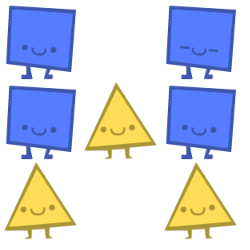I keep trying to draft this, and I keep coming back to what other people have said that I admire. “The perfect is the enemy of the good.” “Not caring about politics is a privilege.” “Silence is a message.”
This feels like the kind of thing where I should be owning my own words, and not bouncing off those of others. Also it feels like the kind of thing where I should really stop delaying until I have near-perfect words. It’s fine to do that for my fiction when no-one’s waiting on it; it’s not fine to do that now.
Racism is a real and living thing. I am white, and was raised with that privilege; I have been trying to undo some of the things I’ve learned, and it’s pretty clear that I need to both try harder and make more of an effort to fix systemic issues. I’m going to try harder, because the current state of things is just not tenable and needs to get better. I am sorry I didn’t do more already.



